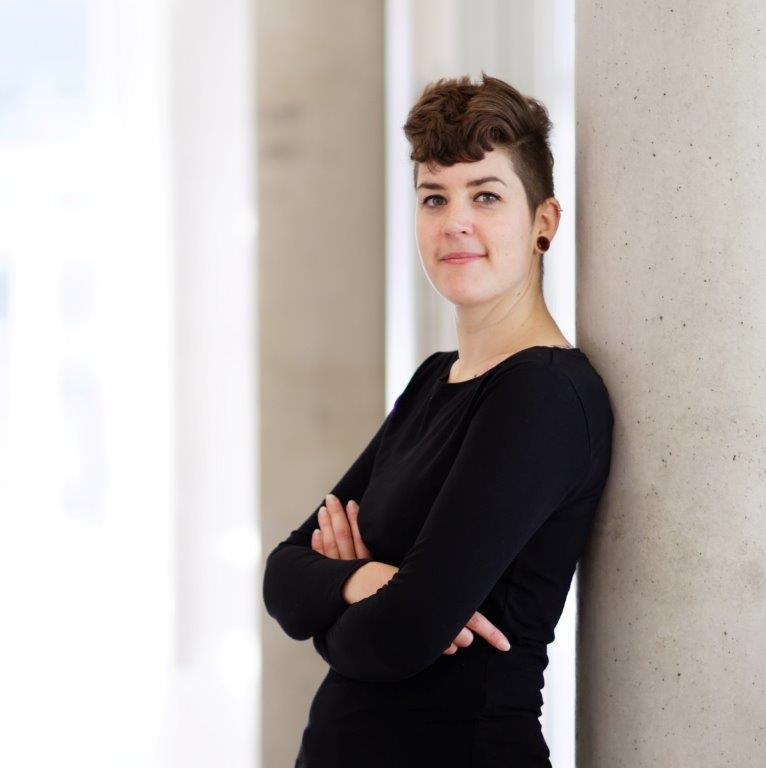Curriculum vitae
Previously, she studied in the diploma program of conservation and restoration of archaeological, ethnological and arts and crafts objects at the State Academy of Fine Arts in Stuttgart. She first completed a scientific traineeship at the State Office for the Preservation of Historical Monuments in the department of metal restoration of architectural and artistic monuments. There, she worked with a team from the fields of art history, materials science and civil engineering to develop concepts for the conservation of cultural monuments made of metal. The interdisciplinary collaboration led her to deepen and complement her knowledge of materials and their degradation behavior at Esslingen University of Applied Sciences. After completing her master's thesis at Bosch, she moved to the Central Analytics Department of the Corporate Research and Advance Engineering Division. There she worked on breaking down complex processes and mechanisms of action. In 2020, she moved on professionally and has since become a project quality manager in the Cross-Domain Computing Solutions business unit.
Your first thought about "Hochschule Esslingen"?
My time at Esslingen University of Applied Sciences was certainly the most intense and exhausting time of my studies. I have never had a steeper learning curve! I owe a lot to my fellow students. We pushed and challenged each other in joint study groups. Preparing for exams was exhausting, but it brought us together as a team.
How did your studies in Esslingen help you in your current profession?
My studies in Esslingen opened up new paths for me. Through my master's thesis, I got to know Bosch and ventured the change from the cultural sector to industry. But I wouldn't want to miss out on my experience in restoration and historic preservation!
What would you like to pass on to the students?
Courage and diligence. I would especially like to encourage career changers! The course of study at the Esslingen University of Applied Sciences is practical and comprehensive and, with the appropriate initiative to fill in gaps in knowledge, is also possible with prior knowledge from neighboring areas.

